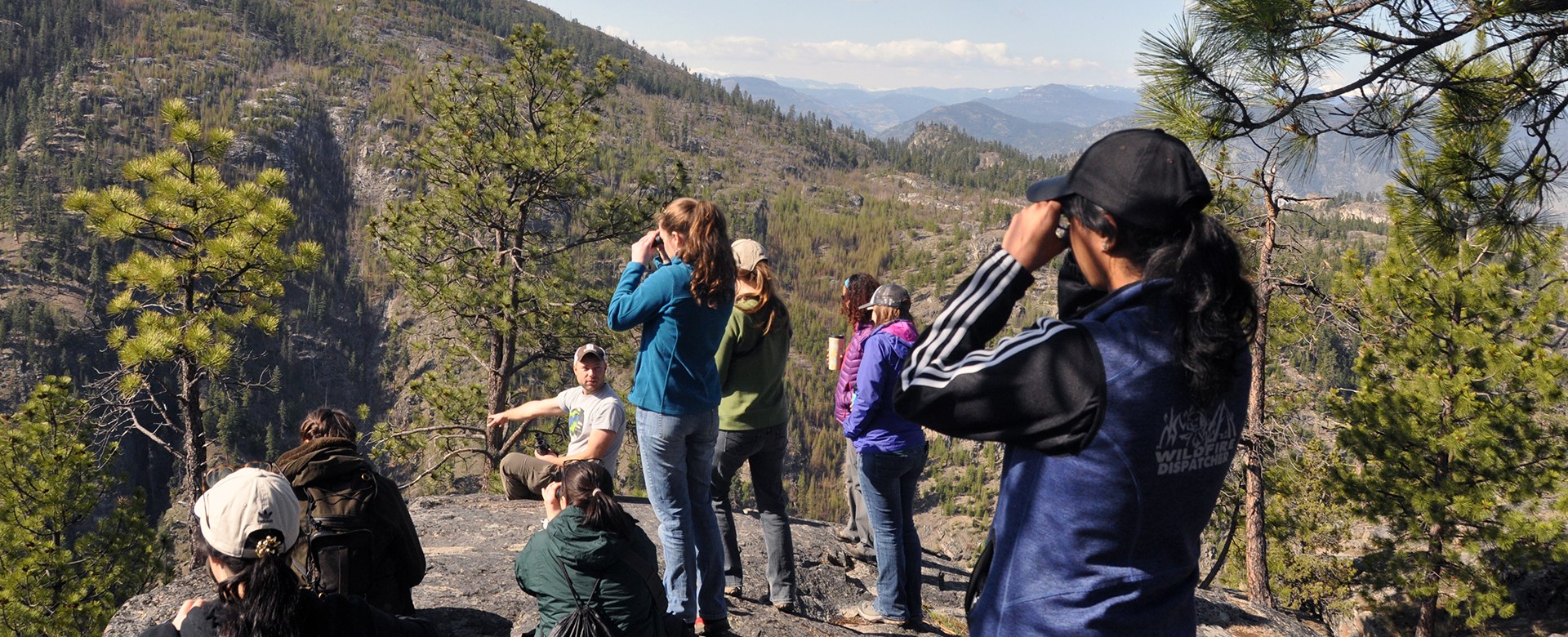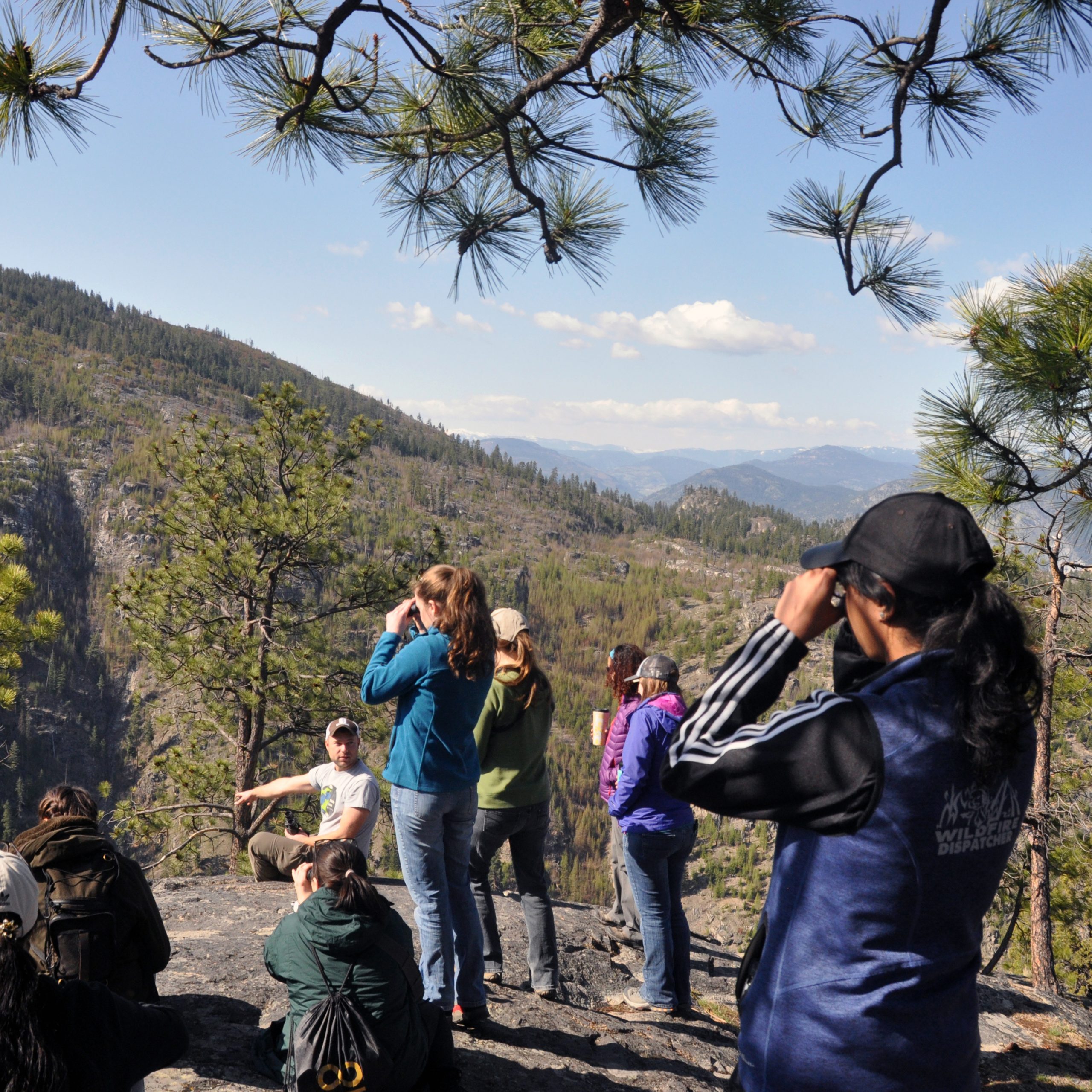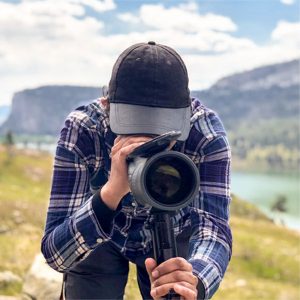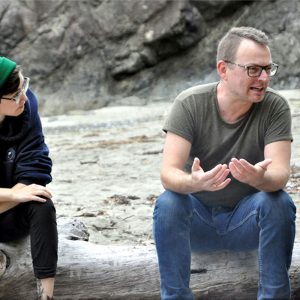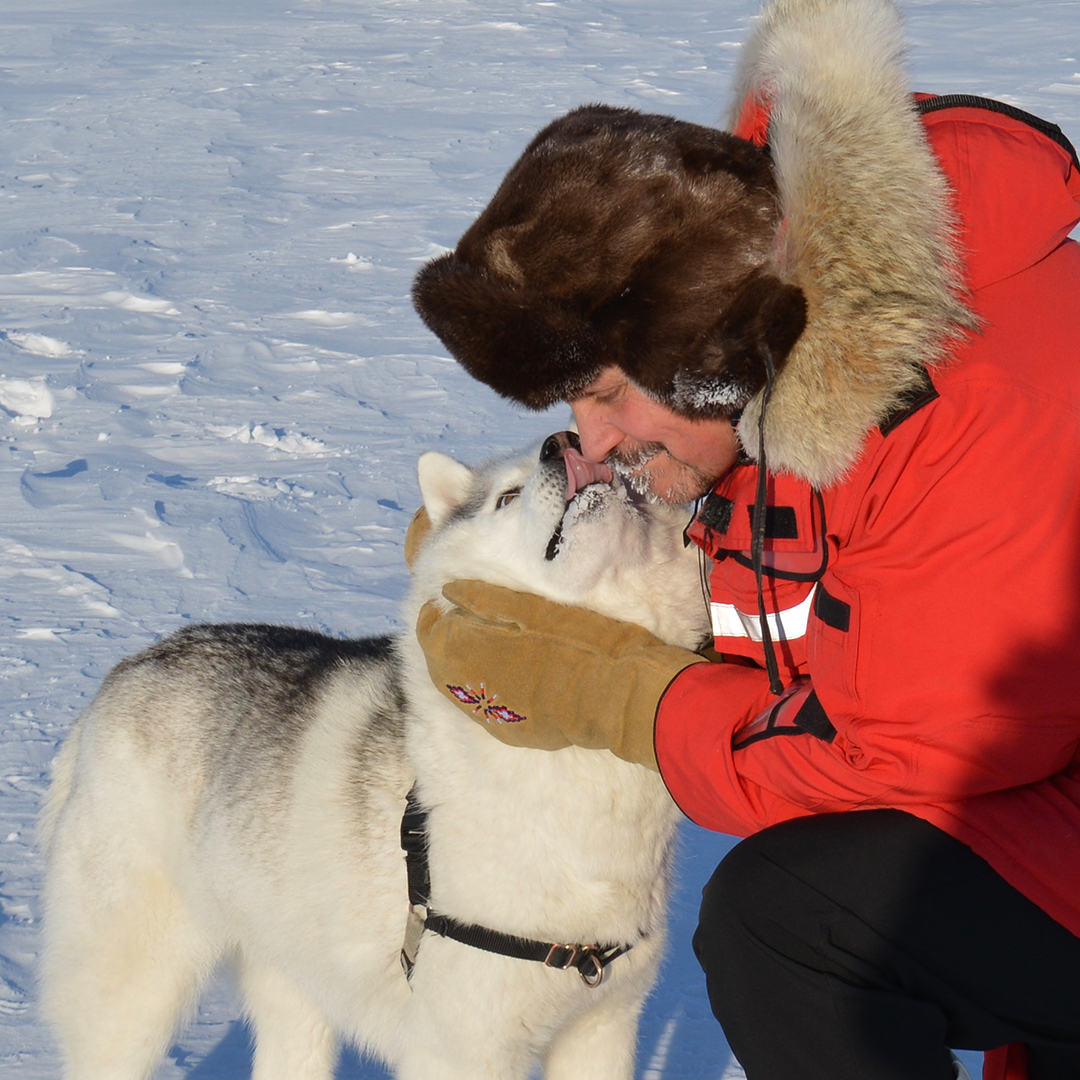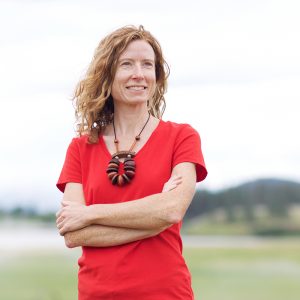INSTITUTES AND LABS
Our institutes and labs form the foundation of our research efforts. The Irving K. Barber Faculty of Arts and Social Sciences, the Irving K. Barber Faculty of Science, and the Faculty of Creative and Critical Studies host a number of centres and research institutes that support sustainability research.
The Centre for Environmental Assessment Research (CEAR) at UBC supports research about environmental assessment (EA) processes and methods, and helps integrate this information into practice. Research conducted and supported by CEAR contributes to resource development by furthering knowledge about the role that EA plays in helping to advance natural resource management practices that benefit Canadians.
BRAES is a group of over 30 faculty members and their graduate students working in ecology, biodiversity and conservation, and environmental sustainability on UBC’s Okanagan campus. BRAES’ special strength is its multidisciplinary focus, with members from departments of biology, mathematics and statistics, literary and cultural studies, earth and environmental sciences, physical geography, economics and creative arts.
The group aims to make impactful contributions to worldwide efforts in developing affordable clean energy. Our main focus is understanding the photophysical and photochemical processes that dictate efficiency in solar fuel producing systems. Our advanced time-resolved optical spectroscopy techniques give us the insights necessary to understand the influence of key physical and chemical parameters, and optimize material synthesis with strong rational.
The Pranckevicius Group will perform research at the boundary between organometallic and main-group chemistry, with an eye to the development of new catalysts and materials that are based on principles of sustainability..
Team members with expertise in visual art history, wildfire imagery, spatial ecology and mapping, sustainability, cultural and philosophical analysis and biodiversity collaborate with Indigenous partners to address the wildfire challenge in the BC Interior.
The Climate Solutions Research Collective is a new UBC pan-university initiative designed to build connections across UBC climate researchers, groups and initiatives and to encourage new collaborative research on climate change solutions.
The FEELed Lab is a collaborative and interdisciplinary feminist environmental humanities field lab located on unceded syilx territory in Kelowna, BC.
The Food Systems Priority Research for Integrated Sustainability Management (PRISM), located on the UBCO campus, is a hub for cross cutting research at the intersection of food system sustainability measurement and management.
The Solar Energy Cluster collaborates to develop solutions and reduce greenhouse gas emissions by working to identify low-cost materials for high-volume manufacturing, advance devices for light-generated electricity and solar fuels, and examine power grid challenges for solar energy integration.
SUSTAINABILITY RESEARCH AT UBCO
UBCO has many faculty members investigating sustainability-related topics. Below is a list of researchers with expertise across a wide range of disciplines.
Nathan Pelletier (industrial ecology and life cycle sustainability measurement/management)
Greg Garrard (ecocriticism, living with wildfire)
Donna Senese (sustainable tourism)
John Wagner (watershed governance)
John Janmaat (environmental and resource economics)
Jodey Castricano (animal justice)
Denise Kenney and Nancy Holmes (eco art/performance)
Opportunities for Undergraduate Students
The departments offer many opportunities for undergraduate students to gain valuable research experience. You can participate in research either as a volunteer research assistant, or through Directed Studies opportunities. Explore your options below.
The opportunity: Get experience helping faculty members, graduate students, or a mixture of the two, with their research projects. Students can participate in lab-based or field research, at study sites in diverse forests, grasslands, lakes and rivers, and agroecosystems. This is a non-paid, non-credit based opportunity that will give you the chance to participate in various elements of conducting research. The duties and length of the opportunity is determined by the supervising faculty member.
Prerequisites: Typically, no experience is required, but some research labs may require students to have previous research experience. Some opportunities may also require the completion of certain courses prior to volunteering. Consult your program advisor or a faculty member for more information.
The opportunity: Carry out your own research project under the supervision of a faculty member. You can earn three or six credits, depending upon the project.
Prerequisites: Third-year standing and permission of the department head and a faculty member to supervise the project. Consult your program advisor or a faculty member for more information.
Awards for Undergraduate Students
The Undergraduate Research Awards (URA) and the NSERC Undergraduate Student Research Awards (USRA) provide exceptional research experiences for students at UBC’s Okanagan campus.
The purpose of the awards is to encourage undergraduate students to pursue innovative and original research as part of their learning experience. The URA and USRA awards are available to Bachelor of Sustainability students in the Irving K. Barber Faculty of Science.
Our Partners and Donors
Together, we are making a difference, locally and around the world. Our partners and donors allow us to carry out our mission of helping the community, making advancements in research, and providing quality education in the field of environmental and geographic sciences.
If you are interested in becoming a partner or donor, we would love to hear from you.
